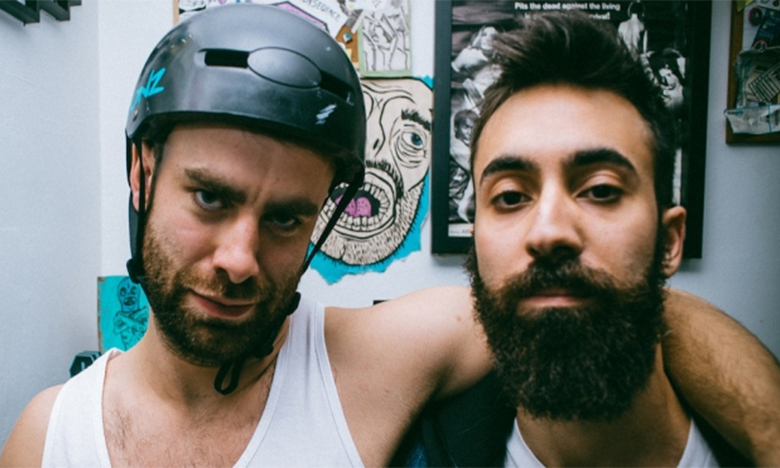When Omar Sabry first came to Canada, he had nothing but two suitcases and a laptop.
He fled his home country of Egypt during the political unrest of the Arab Spring in 2013. He made his way to Vancouver on the advice of a friend.
Sabry said it was a desperate time, but things started looking up when he signed up for a coding class at the University of British Columbia.
"It was a stressful time in my life. I remember having to make enough money to pay for [rent and school]," he told CBC's On The Coast on World Refugee Day.
"UBC had a program that was trying to give people who are slightly older a crash course into computer science and they try to connect you with job and employment opportunities. So I applied for that and I somehow got in."
He slept on the floor of a basement during that time, paying tuition with his grandmother's help.
As his passion for programming grew, he went from the floor to a full-time, well-paying job.
He met his business partner Alex Stickley on vacation some time later, and the pair founded a clothing company called "horriblenoise," based in Vancouver.
Sabry said the skills he picked up in the UBC program — including how to create a website — have helped him as a businessowner.
Now, he wants to help give other refugees the same opportunity for education he had.
Sabry and Stickley are donating a month's worth of proceeds from their business to a charity called Re:Coded, which hosts coding bootcamps for refugees and displaced youth.
"I used to be in a similar position where I was unemployed in a collapsing country in the Middle East and I didn't really have skills that I could use," Sabry said. "So the idea of giving that skill to people in refugee camps just seems like a very good solution."
He said he also hopes to mentor young refugees some time in the future.

